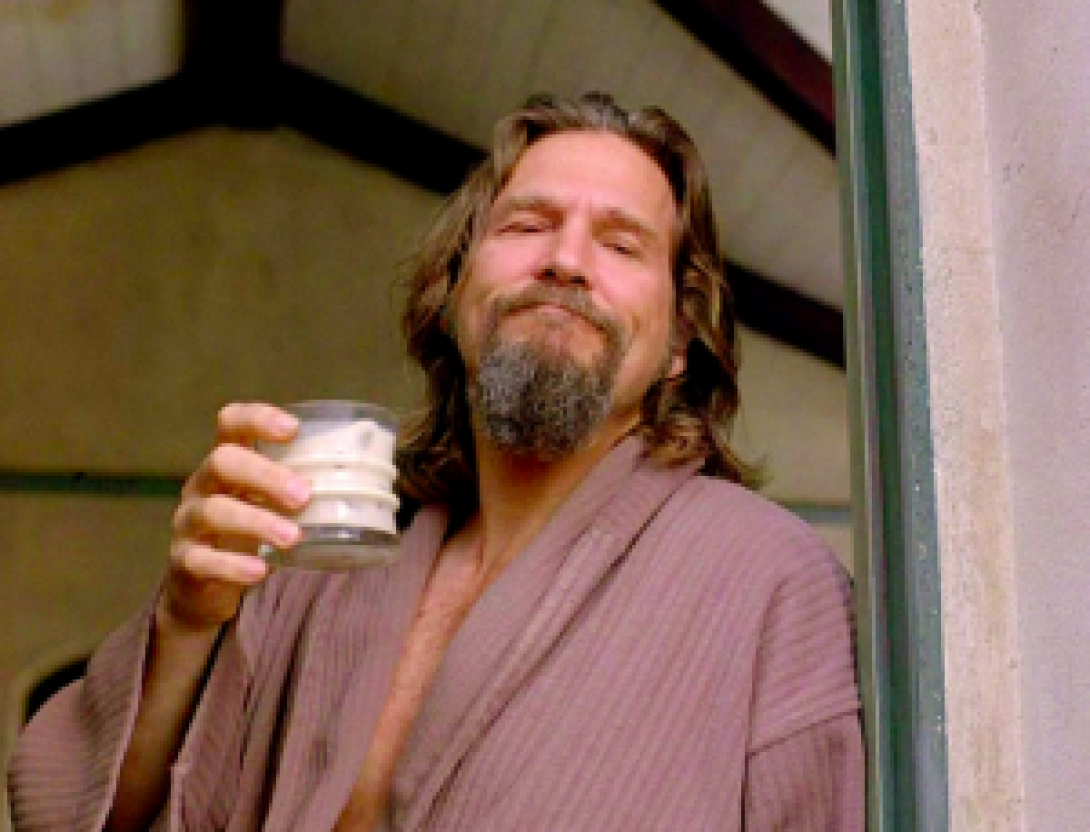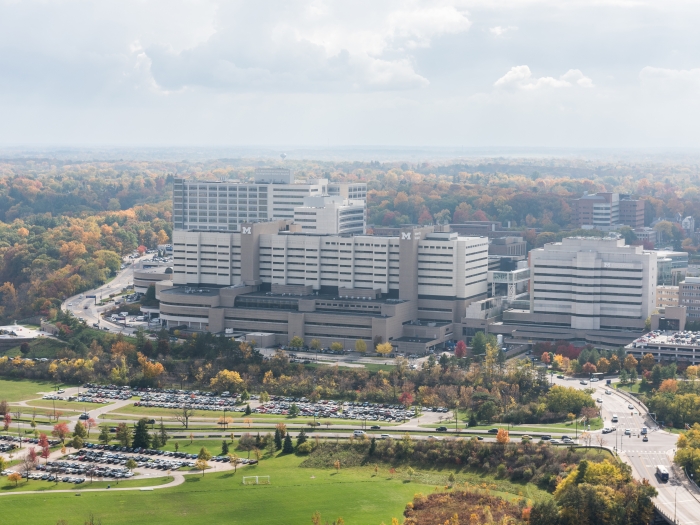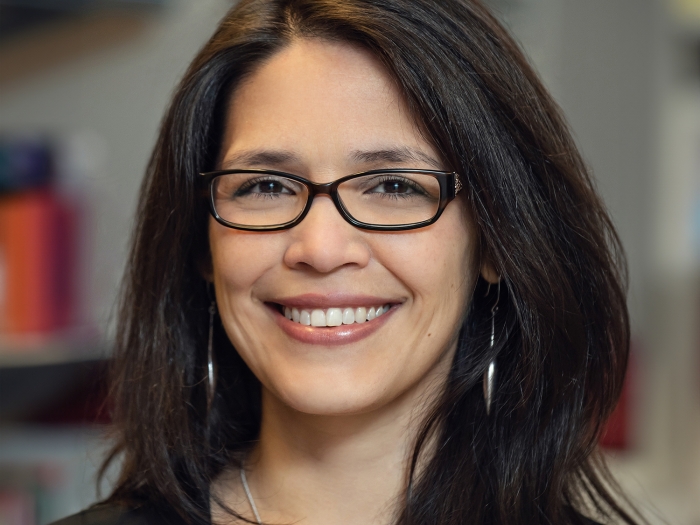An applicant asked me if I've been able to maintain my interests while in medical school. It's such an interesting question, and one that I asked at nearly every school I visited. I was looking for a "yes," no doubt about it. And so should you. But the answer to that question, and the one you might as well get used to is that it changes. Everyone comes to this school from different backgrounds. I happened to have taken an 8-year "gap-year," which of course is a term that only applies to me talking about my life now (as a current med student). For those 8 years, I didn't realize I was in a gap. I was just moving along. Interests growing, changing, and evolving. And I must say, going into medical school I had a pretty set program of interests and activities, many daily rituals, that I was interested in maintaining. Heck, the rigors of academics would even be a test of my incredibly honed and polished self care skills.
Detroit Red Wings coach Mike Babcock's message is to "be an every day'er."

You know, of course everything changes. So, the answer to this question is "get ready to evolve." Let me give you some examples. I wasn't playing hockey before I started med school – I was on a 4 year hiatus. Now, hockey. I'm subbing for a couple teams, and my attention has focused around hockey. I read articles about the Red Wings, their system of prospects, their stars and their enigmatic coach (pictured at the computer's anatomical left) who encourages his players to be "every day'ers." It just means showing up and doing what it takes every day to be successful.
Another example, yoga. I was doing yoga fairly regularly before starting medical school. I assumed (and even wrote on my application) that I would continue with a daily practice once school starts. After all, it is intended to bring more energy, clarity, calm and attention into your life. However, this is an activity that has dropped off a bit for me. I'm still meditating every day, but the process of hitting the mat and doing some yoga every day has lessened dramatically. I also noticed that my sleep schedule has changed. I'm staying up later and waking up later.
None of these changes are the problems I had imagined coming into school. There's a part of me who doesn't like change, who wants to have the secret life equation and then to go out there and execute on that well-intended plan. It rarely works like that. In the short while that I've been a medical student now, I have to say that yes, my lifestyle has changed. How couldn't it? And so many of the questions and concerns that I had while applying or interviewing have transformed, gone away completely or frankly, been magnified in ways that I couldn't have imagined. When I made the decision a few years ago to leave a successful company to start down the long road of becoming a physician, I didn't do it to become a medical student. I did it to become a physician. The process of becoming one, though I am still in the early game of it, is so far (and I'm talking about starting with the pre-med classes) about persistence and putting in the work each day, addressing each day one at a time. Each day brings its own set of circumstances that Red Wings coach Mike Babcock comments in my head about.

Sometimes being an every day'er means studying seemingly overwhelming and incomprehensible information for days at a time with few signs of comprehension. Some days it means sleeping more. In the middle of the day. Other days it means agreeing to meet an old friend, because you know it will warm their soul. Other days, email, laundry and watching a Red Wings game. I have so many ideas in my head about the way I'm "supposed" to go through medical school – and they cover every bit of ground between never doing anything but studying and being something like The Dude from The Big Lebowski (pictured on the computer's anatomical right). I even have caricatures of classmates who, while each in reality have their own inner dramas and complexities, represent these archetype med students. "Geez, why can't you be like him, he's crushing it effortlessly," or "why can't you......." You get the idea.
It's funny, when you can take a step back and look at all of these thoughts and emotions going on, being mischievous and distracting. But in the moment, sure, it's as real for me as anyone else. The not knowing. And wondering. I can empathize with nervous applicants coming in for an interview, being told to be themselves while wearing a suit they just purchased and walking in to meet people who will decide their Fates. I remember on several occasions waking up, meditating for a solid hour and then struggling to find the right tie to wear for the interview. That struggle is real and internal. And the game only shifts in medical school. We're already in, but the internal dialogue needs some new topic of conversation. So it's off to the races again with comparing ourselves with other students and archetypal students and so forth. I'm just writing down to own the whole process. And so that, if someone reads this and is like "dang, that's me," they can feel more part of the broader experience of everyone else as we, in our own way, find ways to be "every day'ers."
So what's actually going on in medical school? We're on the other side of halfway done with our musculoskeletal unit, where we focus on the structures of the limbs, their tissue types and energy needs. We're learning how the human body works; that's medical school. A great opportunity. I'm working with a fellow classmate who is interested in nutrition on putting together a series of nutrition talks that coincide with our curriculum. She's a true all star. I've organized a set of lunch talks on addiction: Addiction 101, young people in recovery, and the medical needs of people in recovery.
Life is good. The Red Wings won tonight. Passed another quiz. Enjoyed the weekend with med school friends and some venerable townies. There was a big holiday celebration in downtown Ann Arbor. I studied a lot. This week coming up it's more learning about human beings, their limbs and energy requirements, and I'm hosting an interviewee. We're going to have a ball.

Department of Communication at Michigan Medicine
Want top health & research news weekly? Sign up for Health Lab’s newsletters today!





